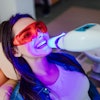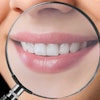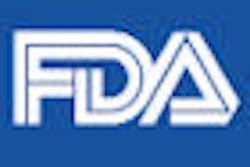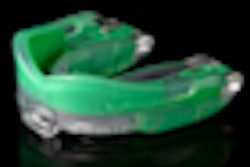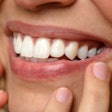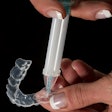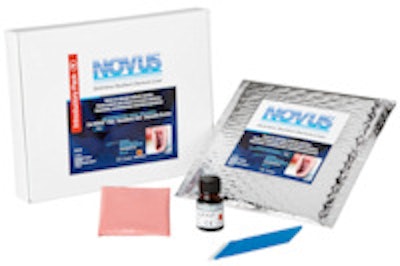
As a profession, many of us have adopted the practice of using soft reline materials for our edentulous patients. Options in the past have included either chairside procedures or laboratory-processed materials.
 About Catapult Catapult reviews are conducted by our team of more than 50 clinicians in the U.S. and Canada. Manufacturers pay a fee to Catapult for their products to be evaluated, and what we deliver are honest, independent answers via surveys developed in conjunction with the manufacturers. Many products have either been altered before hitting the market or simply never arrived because of our evaluations. In this way, Catapult helps manufacturers avoid releasing a potentially faulty product or a product that needs refinement. |
As seen in the responses from the Catapult Group (see table below), a variety of issues are associated with soft reline materials. The biggest concern for a soft/resilient denture liner, regardless of whether the material was used chairside or was laboratory-processed, is the longevity of the softness/resilience. The second most cited failure is the lack of a durable bond to the denture base.
| Loss of softness | 100.0% |
| Debonding from base | 71.4% |
| Color change | 57.1% |
| Odor | 85.7% |
| Bacterial/fungal growth | 57.1% |
| Polishability | 57.1% |
| Other | 14.3% |
With these as issues, the Catapult Group was very interested in reviewing a soft reline material from Lang Dental Manufacturing called Novus.
Per the manufacturer, the virtues of this laboratory-cured complete denture liner include:
- Shock absorption during chewing (more patient comfort with fewer adjustments)
- Permanent softness (Shore A durometer = 35, no plasticizers to leach out)
- Resistance to surface and subsurface fungal growth (less fouling, odor, or stain)
- Low surface tension with excellent wetting
- Easy adjustment and polishing with rotary instruments
- Engagement of deep anatomical undercuts
- Moldable around implant heads and bars, or around overdenture abutments, to provide denture retention, stability, and support, and allow denture movement toward the abutments and tissues
- Excellent bonding to acrylic denture bases
- Uses standard dental laboratory compression-molding processing steps
 Lang Dental Manufacturing's Novus soft reline material.
Lang Dental Manufacturing's Novus soft reline material.The liner is also x-ray opaque and can be identified if parts are swallowed or inhaled (let's hope not!).
Novus was extremely well received by the Catapult evaluation cadre. On a scale of 1 (the best rating) to 5 (the worst) at insertion, Novus scored 1.86 for texture and softness and 2.0 for denture base bonding. At the follow-up visits, the texture was unchanged and the denture bonding, overall appearance, and assessment of fit were all excellent. These results are seen in the table below.
|
| Superior 1 |
2 |
Acceptable 3 |
4 |
Unacceptable 5 |
Rating Average |
| Color and appearance | 14.3% | 57.1% | 28.6% | 0.0% | 0.0% | 2.14 |
| Resilience softness | 28.6% | 57.1% | 14.3% | 0.0% | 0.0% | 1.86 |
| Bonding to denture base | 42.9% | 28.6% | 14.3% | 14.3% | 0.0% | 2.00 |
| Ease of adjustment | 42.9% | 28.6% | 14.3% | 0.0% | 14.3% | 2.14 |
| Subjective fit | 28.6% | 57.1% | 0.0% | 14.3% | 0.0% | 2.00 |
These numbers reinforced that the group found adjusting and polishing this material relatively easy -- something that has been troublesome with many of the soft reline materials we have implemented over the past few years. In addition, the color is unique and does not appear as denture-based traditional acrylics.
 Novus maintains color, texture, and softness for a long period of time.
Novus maintains color, texture, and softness for a long period of time.Maintenance of the newly relined denture is simple, utilizing conventional denture cleansers. It is not recommended that the denture be scrubbed with any abrasive as that roughens the surface, which has adverse effects on keeping it clean in the long run.
The Novus material is antifungal and bacteriostatic, so there is no growth on the surface of the denture.
As this short-term review indicates, this product shows great promise for providing dentists and their patients a solution to a chronic problem of finding a truly resilient liner for dentures that maintains color, texture, and softness for a long period of time.
Lou Graham, DDS, is the founder and president of Dental Team Concepts. Mark Latta, DMD, MS, is a consultant for technical and scientific affairs for Dental Team Concepts.

